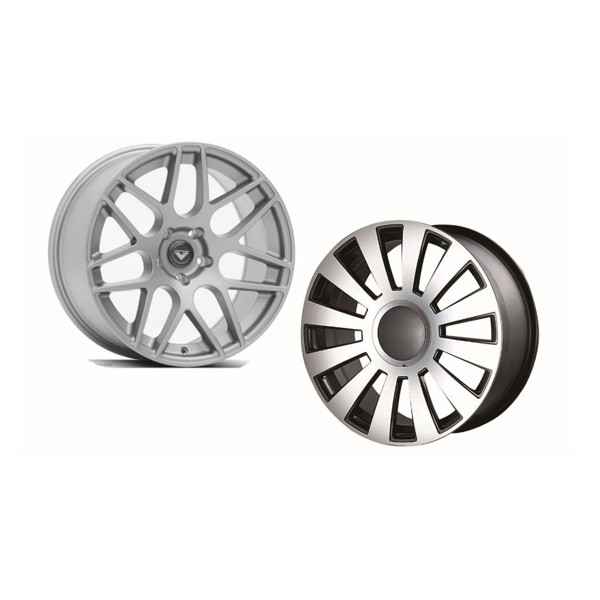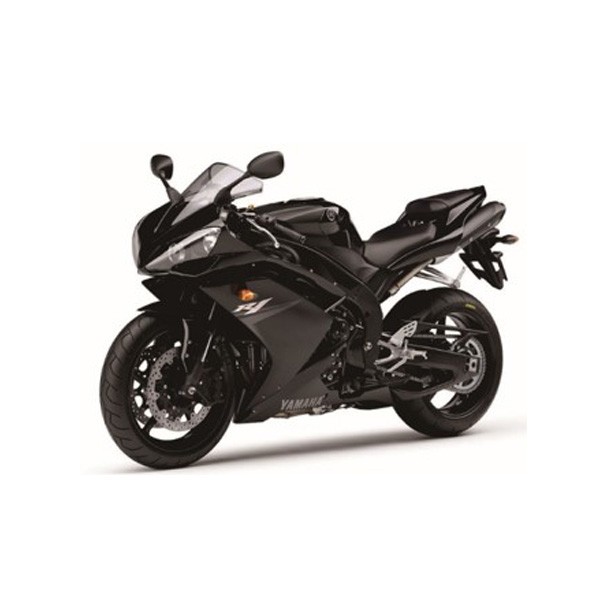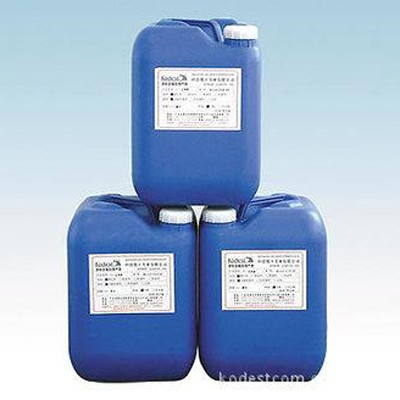Superior Anti Corrosion of High Sharp Edges
Enhanced Material Science
Superior anti-corrosion is often achieved through advanced material science. This includes the development of specialized alloys incorporating elements like chromium, nickel, and molybdenum, known for their resistance to oxidation and chemical attack. These alloys are engineered to maintain their structural integrity and sharpness even under harsh environmental conditions.
Furthermore, surface treatments like electropolishing and passivation enhance corrosion resistance by creating a smooth, protective layer that prevents the ingress of corrosive agents. These techniques are crucial for preserving the razor-sharp edges crucial for many applications.
Protective Coatings
Specialized coatings offer another avenue to achieve superior anti-corrosion. These coatings can act as a barrier between the material and its environment, preventing corrosion and maintaining edge integrity. Examples include ceramic coatings, polymer coatings, and diamond-like carbon (DLC) coatings, each with unique properties optimized for different applications.
The selection of the coating depends on the specific operating environment and the required level of protection. For instance, a DLC coating might be preferred for its exceptional hardness and low friction, whereas a polymer coating might offer greater flexibility and chemical resistance.
Precision Manufacturing
Maintaining high sharpness during the manufacturing process itself is critical. Advanced machining techniques, including laser cutting and electro-discharge machining (EDM), are employed to create incredibly sharp and precise edges. These methods minimize surface damage and imperfections that could act as nucleation sites for corrosion.
Careful control of manufacturing parameters and the use of specialized tooling further contribute to the longevity and corrosion resistance of the final product. Minimizing stress concentrations during fabrication is also important to prevent premature failure.
SUBSCRIBE
IF YOU REQUIRE THE MOST SUITABLE PRODUCTS, FEEL FREE TO CONTACT US.
INQUIRY



